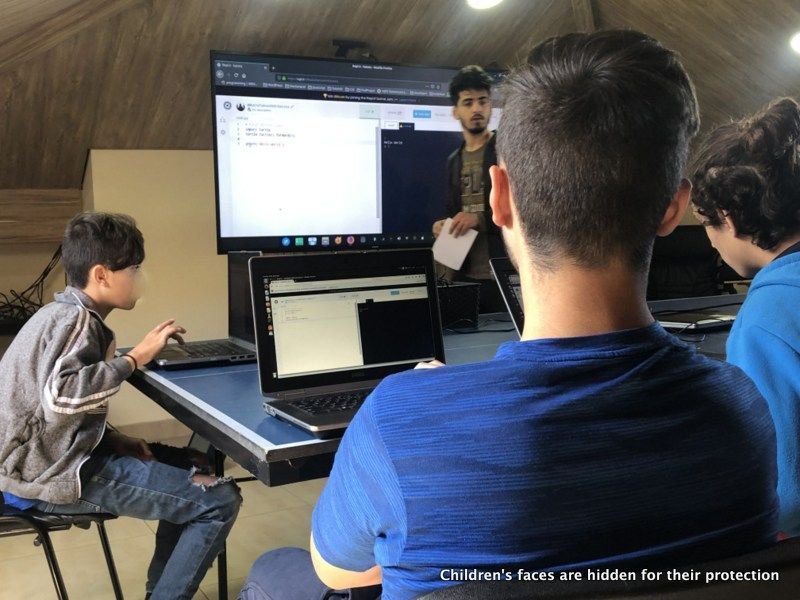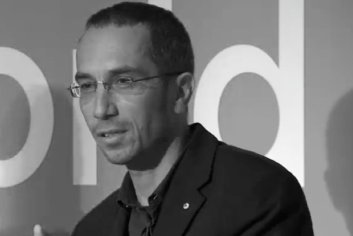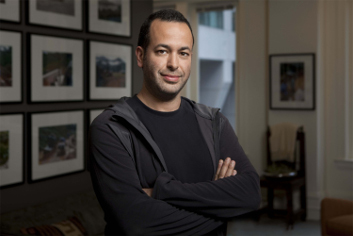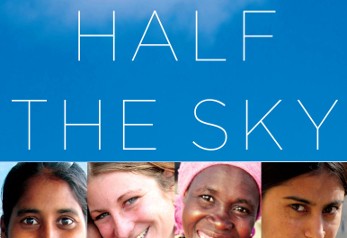In much of the developing world, over 70% of the health facilities are often in the urban areas, while over 75% of the population resides in rural areas. The challenge is getting public health programs to deliver services close to the patients amidst a variety of systemic, resource, and infrastructure challenges. This is particularly true for preventive services like family planning and antenatal care. Governments have attempted to address the challenge of health care delivery by dispatching a cadre of formally trained professionals to rural areas, but this is costly and has often backfired as these outsiders lack deep communities ties and must work for years to build trust. Additionally, urban professionals are often not willing to live and practice in remote and challenging locations. Village-based informal sector providers, on the other hand, are integral and respected members of their communities, even though they often have minimal or no formal training in medicine. Hence, they present a unique opportunity to leverage the existing labor supply that will, by its nature and attributes, remain in place to serve their respective communities. Founded by Gopi Gopalakrishnan, The World Health Partners (WHP) model uses technology and franchising to increase the quality and coverage of essential health services to rural areas, including the poorest states in India – Bihar and Uttar Pradesh. Here, the model leverages the informal health system by franchising rural providers and integrating them into the nation s formal health care delivery system. WHP franchisees use Sky brands: “SkyHealth” centers are internet-enabled, and can connect patients with city doctors through audio-visual devices that also transmit patients vital diagnostics. SkyCare providers connect their patients with doctors on their mobile phones. In addition, WHP has certified pharmacies and diagnostic labs in their ecosystem of health services. This way, rural patients benefit from affordable and preventative care and unprecedented access to qualified doctors. Sky providers earn for every telemedicine consultation conducted (25%-40% of the consultation fee goes to WHP). Cost per consultation to the client ranges from US$ 0.10 for a simple phone consultation to US$ 4 for consultation with a specialist. To date, WHP supports 4.727 SkyCare rural providers and 529 SkyHealth clinics in the states of Bihar and Uttar Pradesh in India. 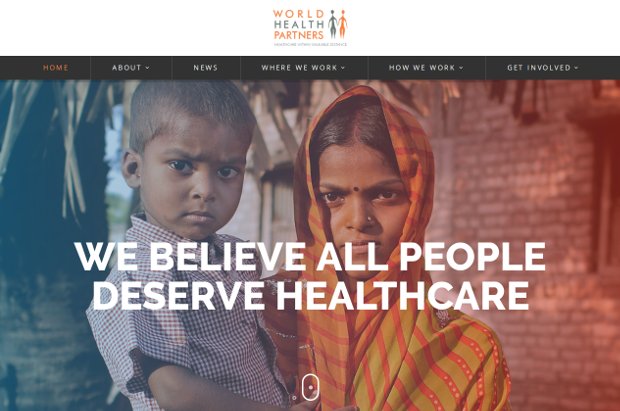 Website: http://www.worldhealthpartners.org/ A disease Women
Website: http://www.worldhealthpartners.org/ A disease Women
Where should you locate the health facilities?
![]()
STAY IN TOUCH
SUBSCRIBE TO OUR NEWSLETTER
AND RECEIVE OUR LATEST STORIES
OLBIOS NETWORK FOR ACTION


